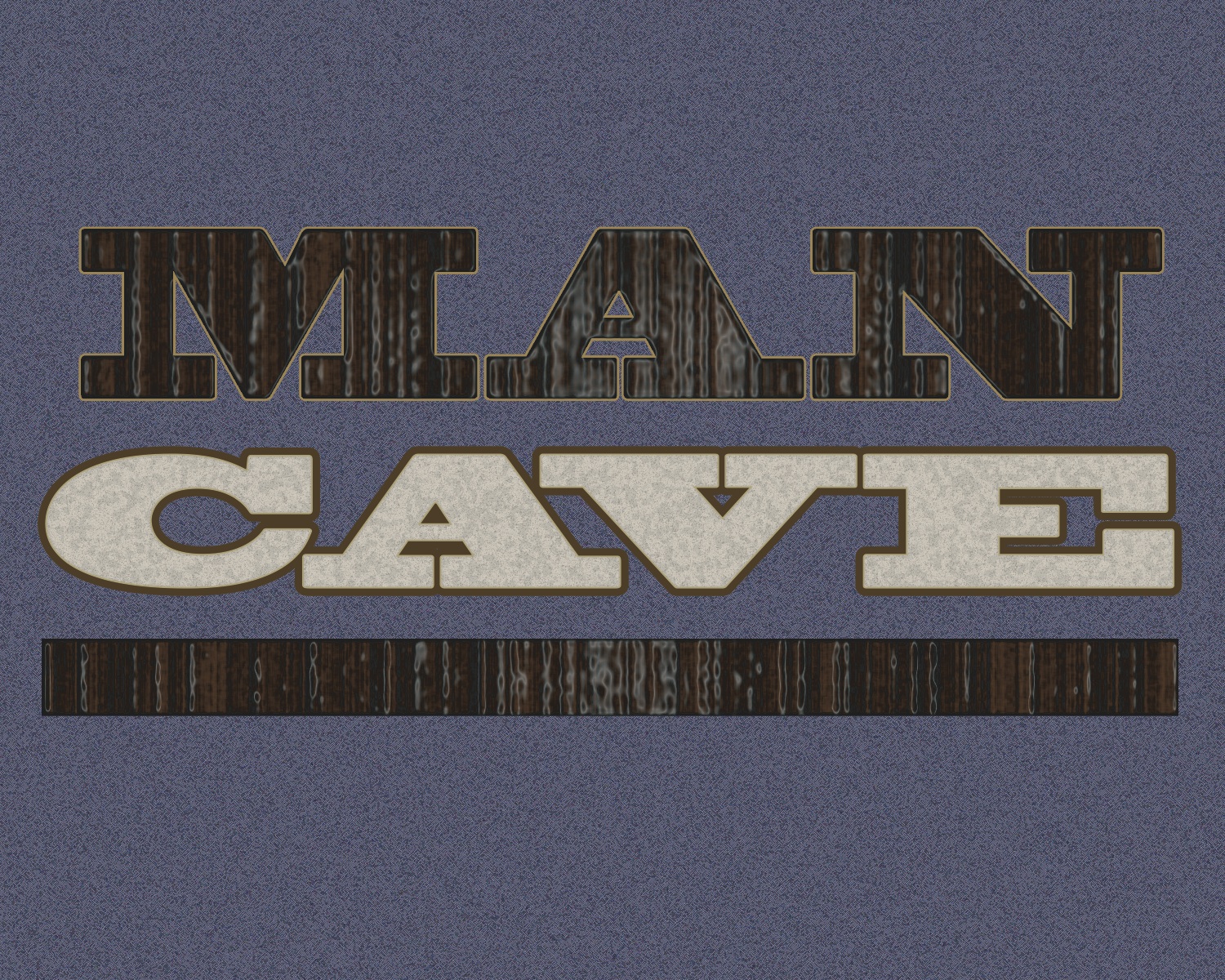
Think of all the words we have for people who suffer mental illness.
Mad, insane, out of one’s mind, deranged,demented, not in one’s right mind, crazed, lunatic, non compos mentis, unhinged,mad as a hatter, mad as a March hare; informal: mental, nutty, nutty as a fruitcake, luny, nuts, whacko, off one’s rocker, not right in the head, round/around the bend, raving mad, batty,bonkers, cuckoo, loopy, ditzy, loony, bananas, loco, with a screw loose, touched,gaga, not all there, out to lunch, crackers, nutso, out of one’s tree, wacko, gonzo…
What did I miss?
Stigma maybe? Uhm. yep.
For some reason, in Autumn it seems like more pronounced incidents of mental illness symptoms surface. Maybe it’s just that I notice it more because I start to hunker down for winter.
Who is “mental”? The unexplainable is quickly isolated as “not good enough”. It’s easier to plug in a label or term, than to empathize.
In truth, any one of us may be”diagnosable” for some period of time in a given month. We may not persist with symptoms long enough to need intervening treatment, but if we are human, we are prone, at some point, to have an unhealthy mind. For some, a lack of noticeable symptoms can make it harder to get help.
For example:
Take a person addicted to pornography: Addiction is unhealthy in the mental/psychic capacity. Through this or any addiction, a person may become attached to unhealthy behaviors, thoughts, and actions, and then digress to mental instability and illness without anybody really knowing until the problem is truly unmanageable, or it has reaped awful consequences. On the other hand, a person having a schizophrenic episode and enduring auditory hallucinations, may quickly signal to others that medical assistance and support is needed. Stat.
The bigger question is which kinds of mental illness do we prefer?
We know much more about the brain, in 2011. We don’t assume someone with epilepsy has demons we should exorcise, or that some one who is hallucinating needs to be discipled and punished so they will stop at once. Many more people understand that if a person has a sick brain, they aren’t trying to. Though a proper diet and exercise can be helpful, they can’t think or will their illness away…otherwise they would. Just like a person with a broken leg cannot un-break his leg by thinking, “This disfunction and pain is fiction, so I think I’ll take a jog!”
Medications create the chemistry needed so many people can feel well again both mentally and physically. Without help, the pain–both physical pain and inner psychic pain–can be thoroughly unbearable. Something like brushing tea or getting up from bed may be too enervating, because it all truly hurts that badly. Too many take their lives because of feeling that there is no help or remedy. The illness simply is–and there is no escape, but one most terrible.
Bi-Polar Disorder (formerly called Manic-Depressive Disorder) is a brain chemistry condition in which the person endures major shifts (or polar opposite shifts) in mentality, mood, and behavior. The high end is termed “Mania” and the low end is termed “Depression”. I covered the symptoms of Depression in the last post.
Here are the Symptoms of Mania
(3 or more of these following symptoms for 14 days or more, or if the symptoms interfere with a person’s regular life, constitute Mania)
• Increased physical and mental activity and energy
• Extreme optimism and self-confidence
• Exalted self-importance
• Irritability, aggressiveness
• Decreased need for sleep
• Pressure speech and thoughts
• Impulsiveness and reckless behavior (spending money, risking behavior, driving, sex, substance abuse, etc.)
• Delusions (thinking things that aren’t real or true) and hallucinations (seeing or hearing things that aren’t there)
As I read the lists of symptoms and mental sicknesses in Kathryn Green-McCreight’s book (See the Book here.)…friends, acquaintances, family members, neighbors, and so forth, came to mind. Some have mental illness mildly; others endure it severely. Some self-medicate with various substances in order to cope. Nearly all of them are misunderstood, unaided…and (formally) undiagnosed. Imagine, if they could feel comfortable enough to get help, emotional support, and medicine, to feel better…
Is there anyone you wish would get help?
In the next part of this series, I’ll go over the symptoms of Schizophrenia, and helpful options for support, pastoral care, and aid for people with mental illnesses.
I appreciate your comments. And as always, you can post anonymously, if you’d like.



